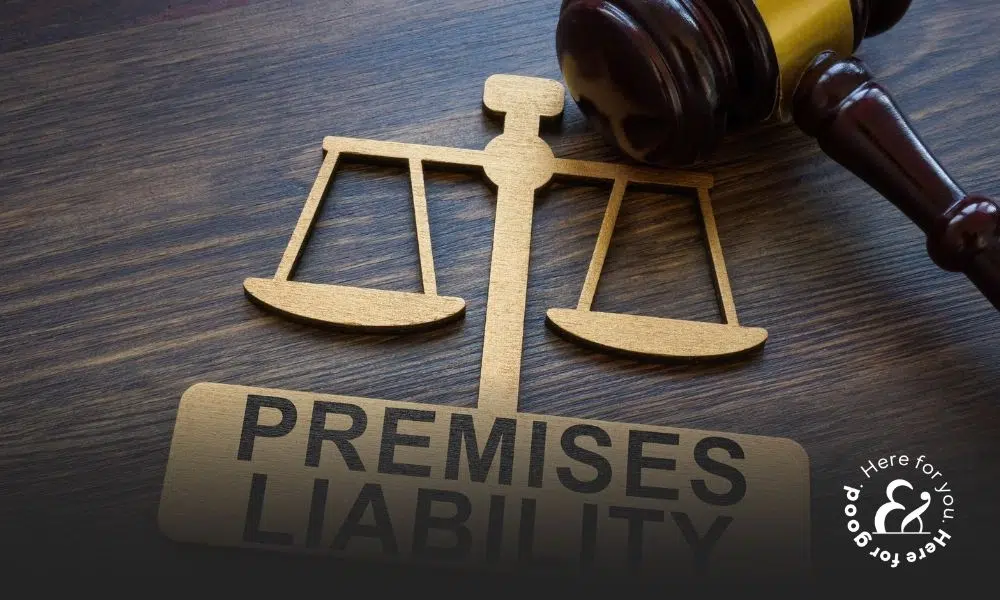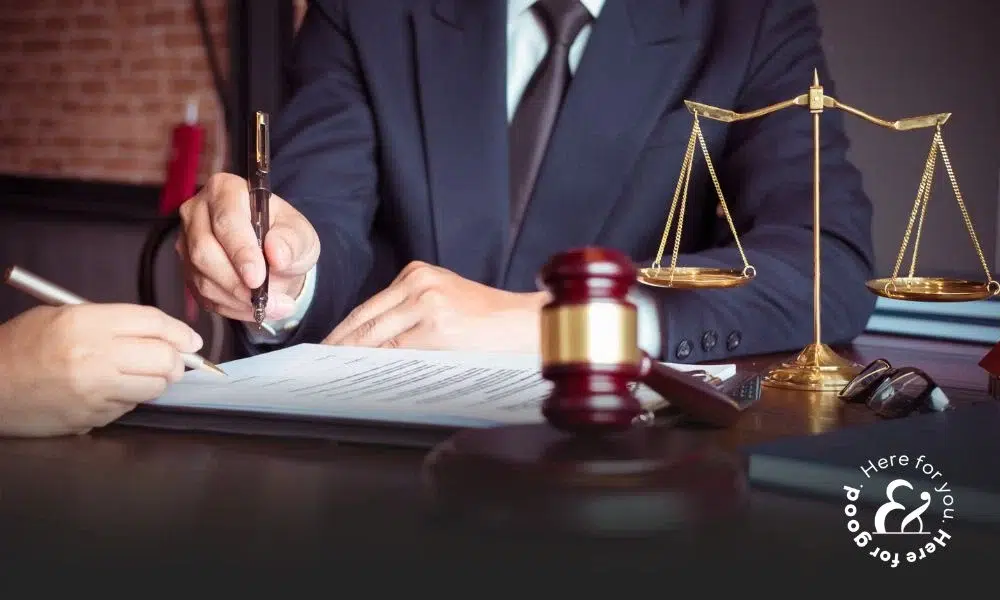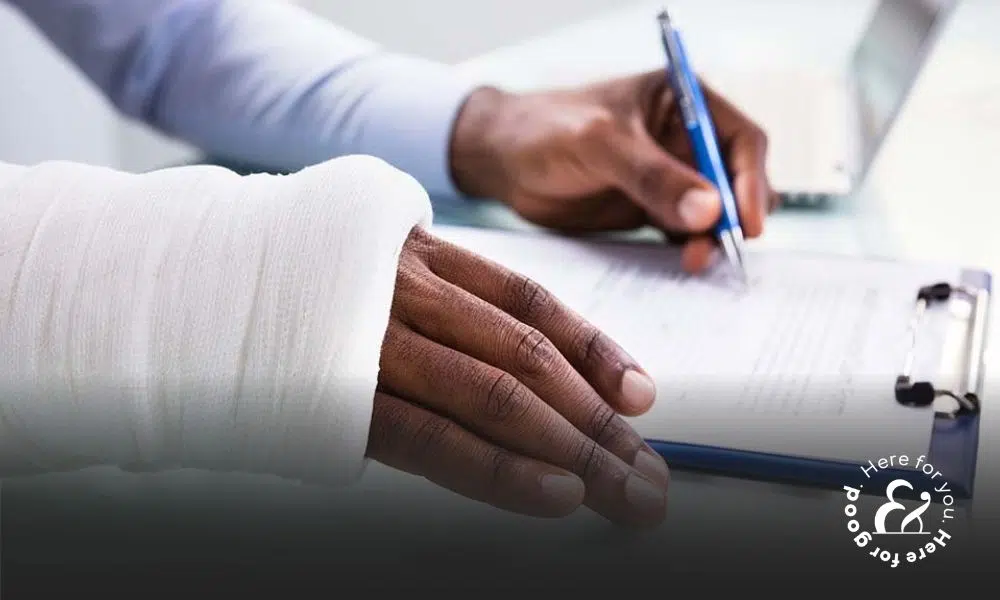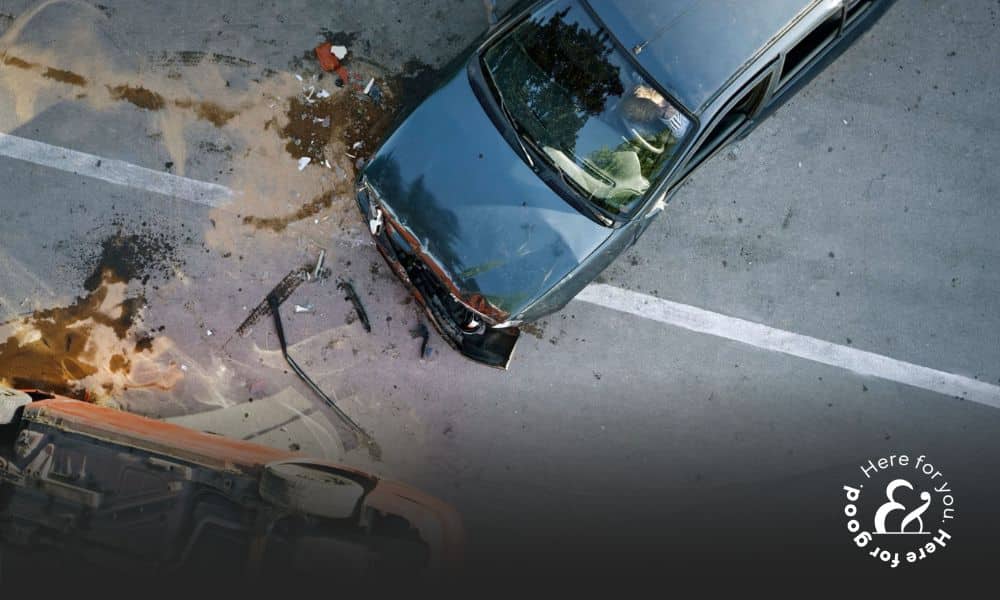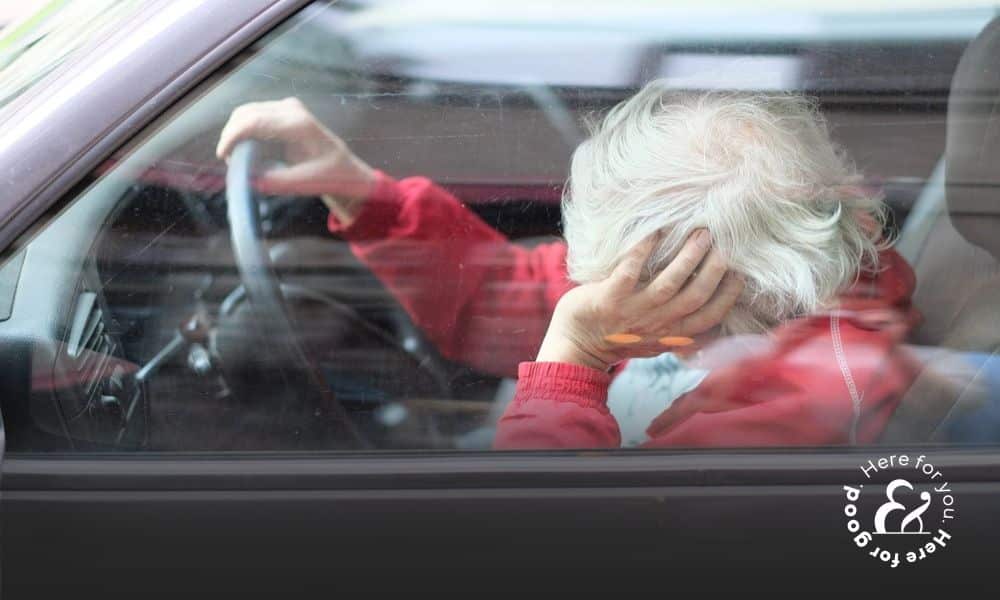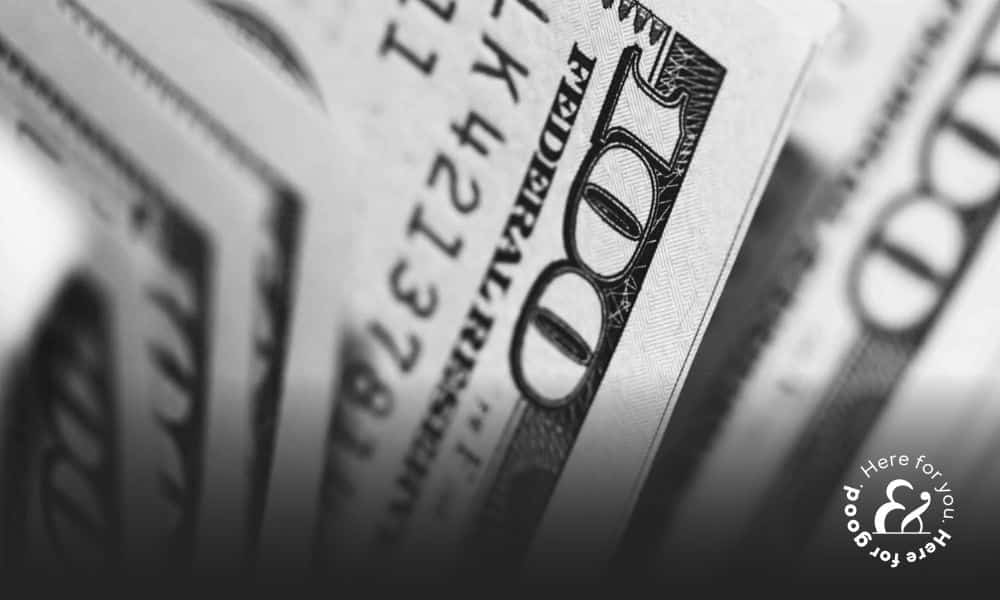Under Florida law, the owner of a property, or tenant such as a shop owner, is responsible for maintaining a premise or property in a reasonable condition free of hazards.
A failure to do so may create liability if an injury results to a visitor from negligent maintenance.
Whether you were an “invitee,” a “licensee” or even a “trespasser,” the property owner generally will have some (if not all) responsibility for any injury you receive while on the property.
Invitee
The “invitee” visitor could have been invited onto the property for business purposes. This might include a shopper, a visitor to a public place and social guests.
It is to the business invitee that property owners owe the highest duty of care.
The property must be kept in a safe condition and if a danger is present, the owner has a duty to warn the invitee. In order to ascertain the condition of the property, the owner has a duty to regularly inspect the site. For example, a grocery store owner must regularly check aisles for foreign substances to prevent anyone from slipping and falling.
Licensee
A “licensee” is someone who is on the property for purposes that directly benefit him or her. If for example, someone comes into a store to get change and not to shop and slips and falls on water on the floor. The property owner still has a duty to post warning signs or they can be held liable for the injuries under the “licensee” definition.
Trespassers
Then there are trespassers who might enter the property without permission. No matter their purpose, they are still entitled to some degree of reasonable protection. For example, an open hazard that is unmarked could create a liability for the property owner.
The property owner has certain legal responsibility regardless of the status of the person entering the property. Some of these responsibilities include:
- proper notice of any dangerous conditions of which the property owner may be aware;
- keeping the property in a reasonably safe condition;
- proper posting of “no trespassing” signs or warning of harmful or dangerous conditions regarding the property; and,
- not creating a dangerous or harmful condition on the property, whether intentionally or unintentionally.
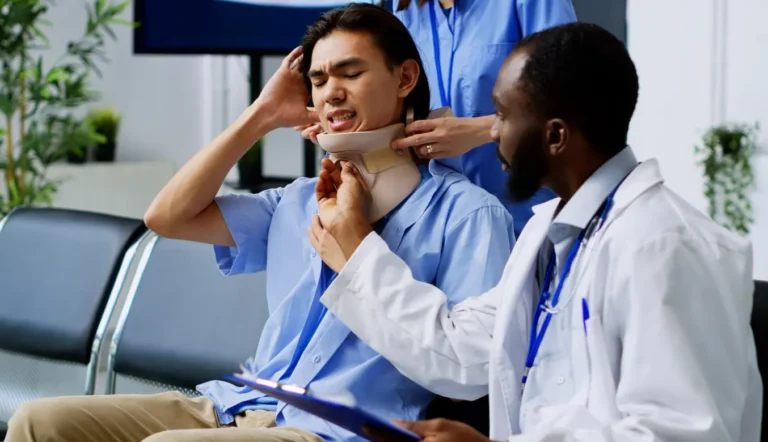
If you were injured in an accident due to someone else’s negligence, Farah & Farah is here for you. We’ve relentlessly fought for the right to compensation for our clients and their families since 1979.
Laws Concerning Children
The exception to this rule applies when children are involved. Because children are curious, they are likely to trespass unintentionally. They also cannot be expected to judge danger as well as an adult. A swimming pool, discarded refrigerator, riding mower, or dangerous machinery all might entice a child to climb into or aboard and the property owner can be held liable if they did not anticipate and correct any hazards on the Florida property that might be inviting to children and cause them injury.
Under law, a Florida convenience businesses owner has a duty to properly train employees to deter crime and keep the place of business safe for customers. A convenience store is also required to have a security camera and lighted parking lot as well as limit cash on hand during the evening hours when crime is more likely to occur to keep invitees safe.
Call a Jacksonville Premises Liability Attorney at Farah & Farah Today
In premises liability law, the burden of proof falls on the plaintiff to prove that reasonable care was not taken to make the property safe, to inspect the property, and to warn the public.
Because of the various legal considerations, a Jacksonville premises liability attorney can answer your questions about how likely it is that your claim can be successfully litigated. We look forward to your call.

